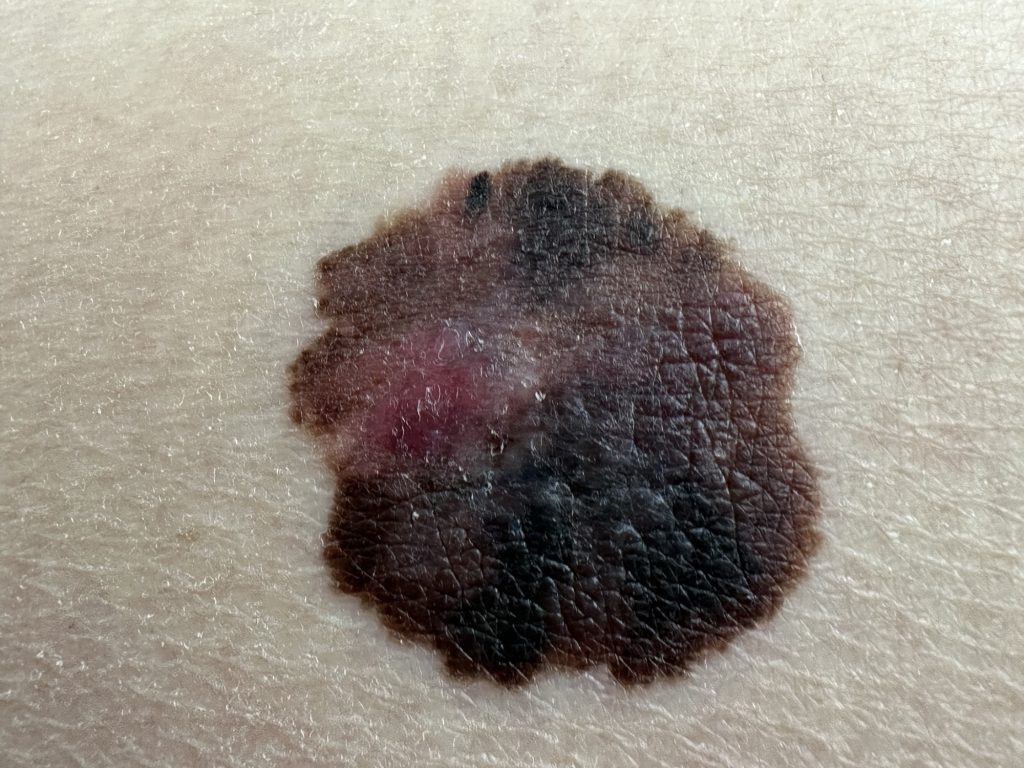The U.S Food and Drug Administration (FDA) has approved lifileucel (Amtagvi, Iovance Biotherapeutics Inc) for advanced melanoma.
Lifileucel is the first tumor-infiltrating lymphocyte therapy, or TIL, approved for solid tumors. Iovance also announced the pricing of a secondary stock offering, which when combined with the approval, led to a huge stock gain.
“The approval of Amtagvi represents the culmination of scientific and clinical research efforts leading to a novel T cell immunotherapy for patients with limited treatment options.”
Peter Marks, MD, PhD, Director of the FDA’s CBER
With TIL therapy, melanoma tumors are surgically removed and then sent to a manufacturing facility where tumor-infiltrating lymphocytes are removed and grown to billions. To make room for the new army of immune cells, patients receive chemotherapy to temporarily deplete their immune system before receiving the one-time TIL infusion. The entire process takes about six to twelve weeks from surgery to infusion.
Lifileucel is indicated for the treatment of adults with unresectable or metastatic melanoma that has previously been treated with a PD-1 blocking antibody, and if BRAF V600 mutation positive, a BRAF inhibitor with or without a MEK inhibitor.
“The approval of Amtagvi represents the culmination of scientific and clinical research efforts leading to a novel T cell immunotherapy for patients with limited treatment options,” says Peter Marks, MD, PhD, Director of the FDA’s Center for Biologics Evaluation and Research (CBER), in a news release.
Results from a phase 2 clinical trial led by Moffitt surgical oncologist Amod Sarnaik, MD., show that lifileucel has an objective response rate of 36% in patients with heavily pre-treated metastatic melanoma. Responses were durable, with more than 41% of patients still responding more than 18 months after TIL infusion.
“The FDA approval of TIL therapy is a breakthrough, ushering in a new era T-cell immunotherapies. We now have a therapy that uses a patient’s own immune cell to fight their cancer and provide durable remission. We have treated patients who still have no evidence of disease over 10 years later,” Dr. Sarnaik says in a news release.
Moffitt is also working on the next generation of TIL therapy. Researchers are investigating innovative ways to stimulate and improve TIL therapy growth and manufacturing and the best timing for the therapy to ensure optimal patient outcomes. Moffitt researchers are expanding this therapeutic approach to treat other solid tumor cancer types, such as lung, sarcoma, cervical and bladder.
“We’re just scratching the surface with T-cell therapy and cell therapy for advanced cancers. This initial approval will give encouragement to the whole field to continue to invest in T-cell therapeutics, including TIL therapy,” says Moffitt President & CEO Patrick Hwu, M.D. “Moffitt’s groundbreaking research into second and third generation TIL therapies will help even more patients with other cancer types.”

